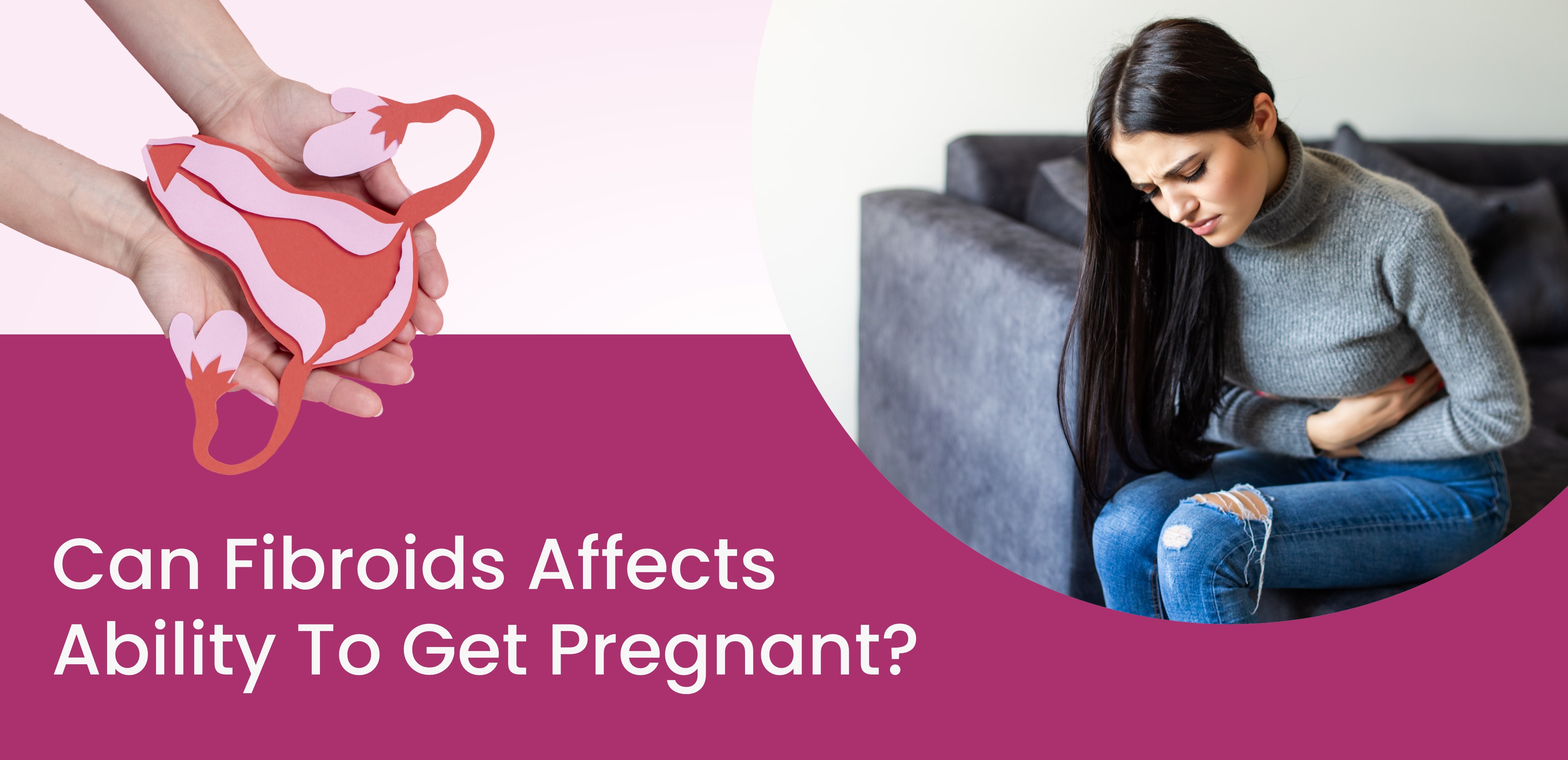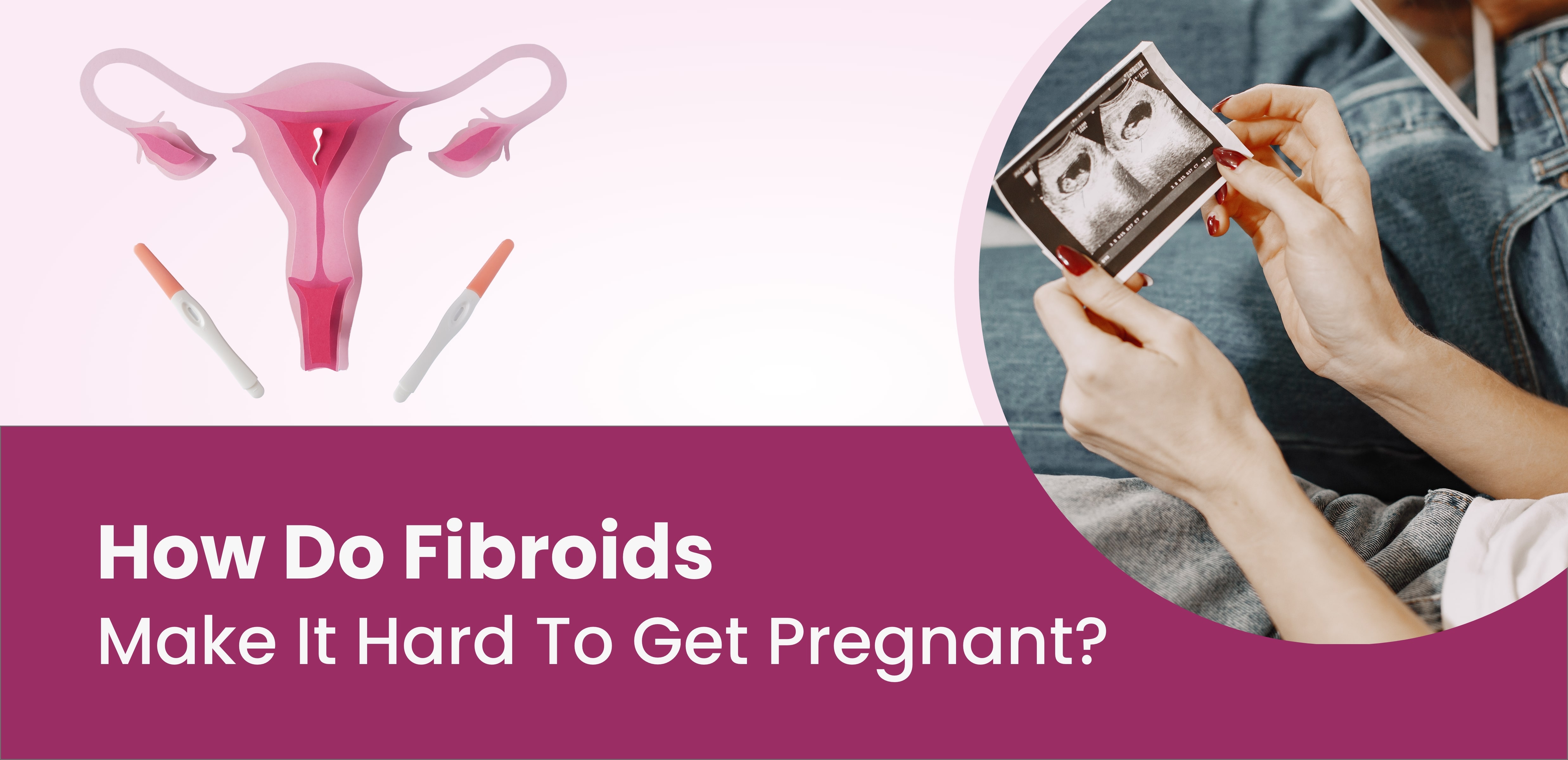
Uterine fibroids are benign (noncancerous) tumors of uterine muscle tissue. They're also known as myomas or leiomyomas. Fibroids originate when a single muscle cell in the uterine wall multiplies and matures into a noncancerous growth. Fibroids can alter the shape or size of the uterus, as well as the cervix (lower part of the uterus). Women typically have several fibroids, but single fibroids are conceivable. The location, size, and number of fibroids determine whether they produce symptoms or necessitate treatment.
Fibroids are most commonly found in or around the uterus's body, however they can also be found in the cervix. Fibroids are classified into three kinds based on their location:
20% of women of reproductive age have fibroid tumors, but 50%–80% of African-American women do. Fibroids in the uterus may be caused by a mix of genetic, hormonal, and environmental factors, but no one knows for sure.
About 5–10% of women who can't have children have fibroids. Whether or not fibroids affect fertility depends on how big they are and where they are. Fibroids that are inside the uterine cavity (called "submucosal") or are very big (>6 cm in diameter) and inside the uterine wall are two examples (intramural).
Most women who have fibroids will still be able to have kids. Before treating fibroids, both the woman with fibroids and her partner should be carefully checked to see if there are any other problems with fertility. A fertility specialist can help figure out if fibroids are making it hard to get pregnant.

There are a few ways that uterine fibroids can make it harder to get pregnant:
Between 2% and 12% of pregnant women have fibroids, but not all of them get bigger or cause problems. Usually, a fibroid grows in the first 12 weeks of a pregnancy.
The biggest worry during pregnancy is whether or not the fibroid will make it more likely that the baby will come early or that the pregnancy will end. Fibroids can sometimes get so big that they outgrow their blood supply and cause a lot of pain. They might need to go to the hospital. Fibroids can also change where the baby is in the uterus. This can make the chances of having a miscarriage, giving birth early, or having a cesarean section higher. How fibroids are managed depends on your unique situation and your doctor's recommendations. Surgery is rarely needed or done when a woman is pregnant.
If a woman gets pregnant after having a fibroid removed, she should talk to the doctor who will deliver the baby about it. Some doctors may suggest a cesarean section.
Fibroids in the uterus are common and can have many different effects on fertility. They can change whether or not sperm and egg meet, whether or not an embryo can implant, whether or not a pregnancy can continue, and how the baby grows and is positioned.
Each person gets a treatment that is best for them. It is based on the signs of fibroids and may help with fertility in general. How and if you treat your fibroids will depend on how bad your symptoms are and what your doctor tells you to do.
Your email address will not be published. Required fields are marked *